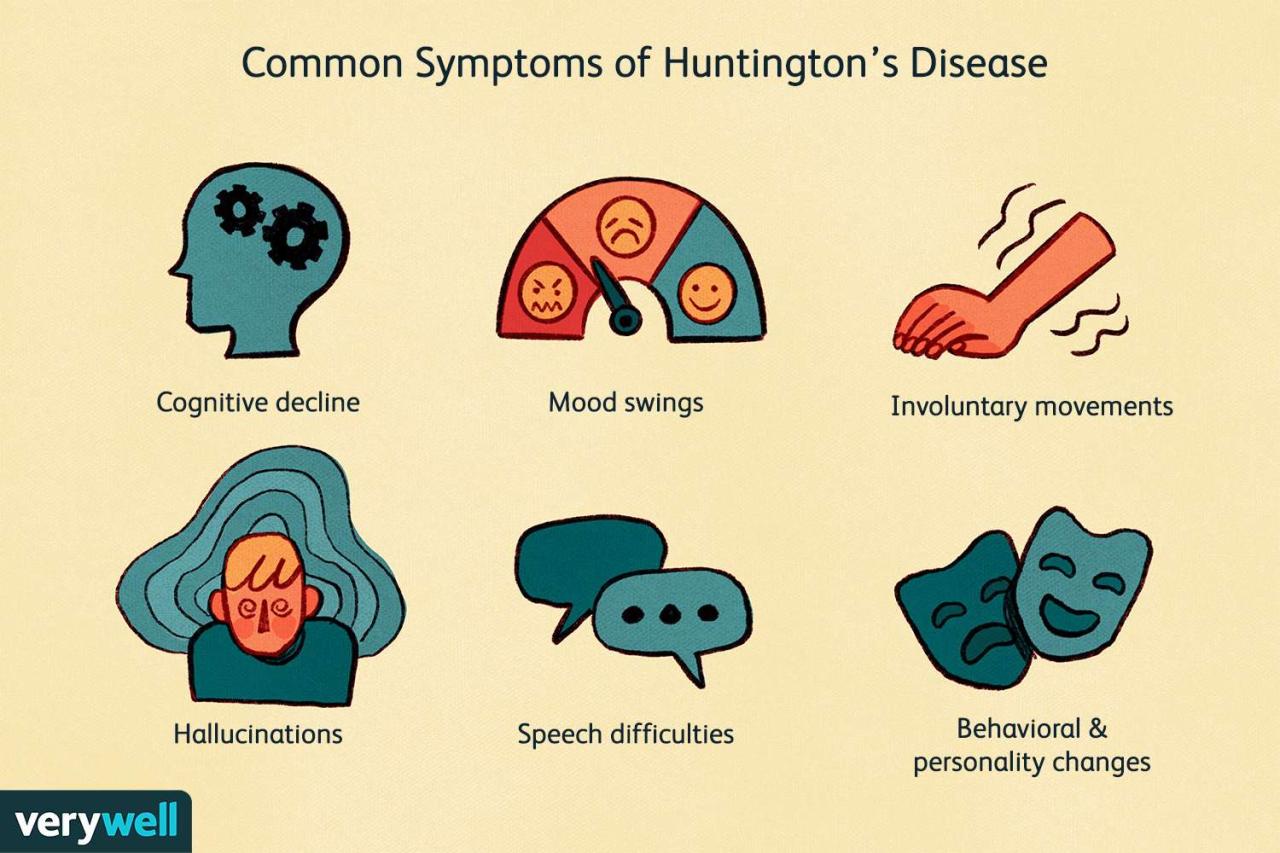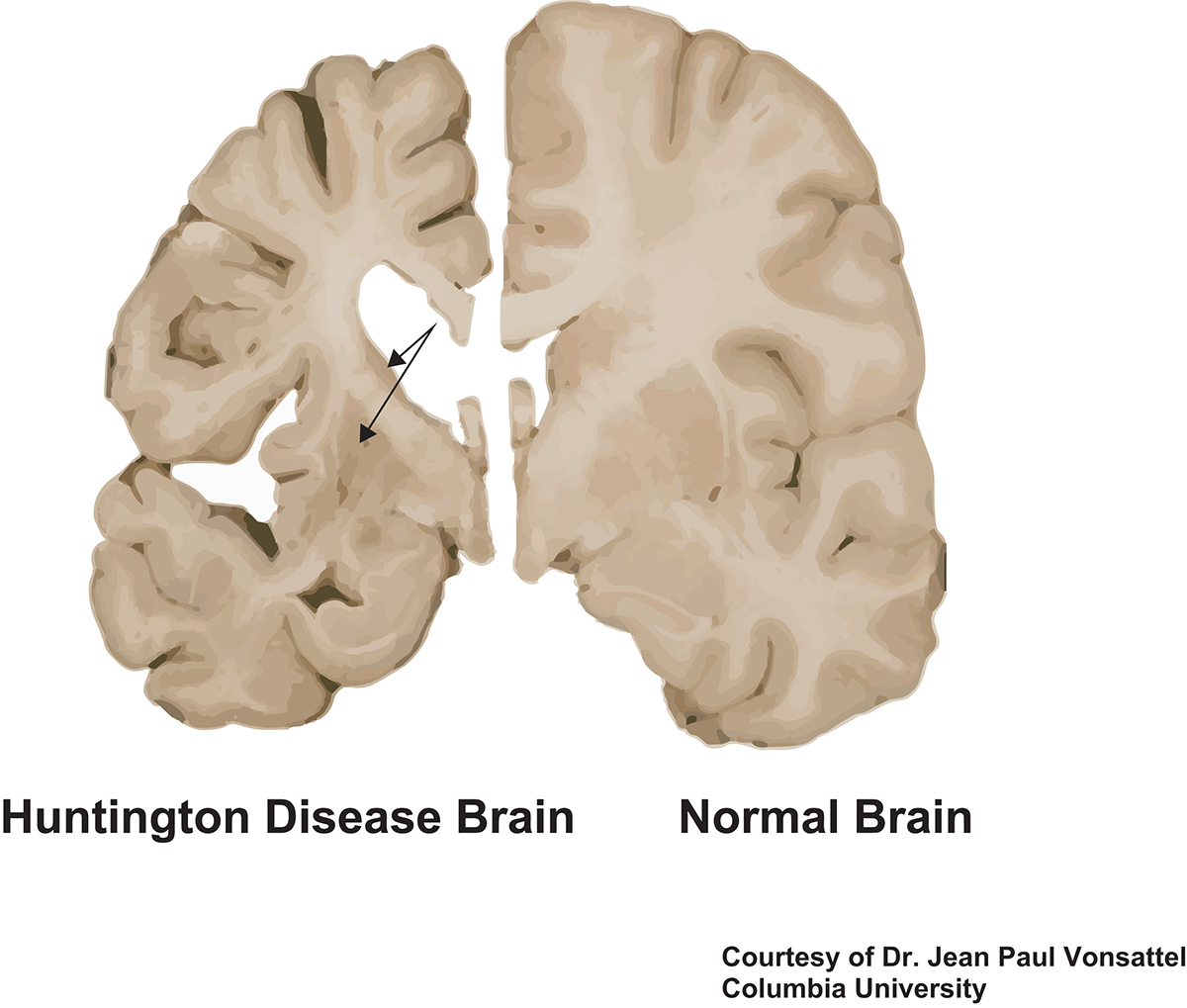Beginning with the question that sparks curiosity, what did Woody Guthrie die of, this introduction delves into the life and legacy of the legendary folk singer, exploring the circumstances surrounding his untimely demise.
Woody Guthrie, an iconic figure in American music and activism, left an enduring mark on the world with his poignant songs and unwavering spirit. However, behind the captivating melodies and powerful lyrics lay a personal battle with a relentless disease that ultimately claimed his life.
Biography and Early Life
Woody Guthrie was born on July 14, 1912, in Okemah, Oklahoma. His father, Charles Guthrie, was a farmer and musician, and his mother, Nora Guthrie, was a schoolteacher. Woody had three older siblings: George, Mary, and Clara.
Woody’s early life was marked by poverty and hardship. His father lost his farm during the Dust Bowl, and the family was forced to move to California. Woody dropped out of school in the eighth grade to help support his family.
Influences
Woody’s musical influences included his father, who taught him to play the guitar, and the folk music of the American South. He was also influenced by the music of Lead Belly, Pete Seeger, and other folk singers.
Music Career and Activism
Woody Guthrie’s musical career began in the 1930s, during the Great Depression. He traveled throughout the United States, performing at rallies, union meetings, and other gatherings. His songs often reflected the struggles of the working class and the poor, and he became known as a voice for the voiceless.
Guthrie’s musical style was unique and influential. He played the guitar and harmonica, and his songs were often simple and repetitive, with catchy melodies and memorable lyrics. He also used a variety of traditional folk and blues elements in his music, and he often wrote songs about his own experiences.
Political and Social Activism
Guthrie’s music was closely tied to his political and social activism. He was a strong supporter of labor unions and the rights of the working class, and he often used his music to protest against injustice and inequality. He also wrote songs about the plight of migrant workers, the Dust Bowl, and other social issues of the time.
Health Struggles and Huntington’s Disease
Woody Guthrie’s health declined significantly due to Huntington’s Disease, a progressive neurological disorder that affects coordination, cognition, and behavior. The symptoms of the disease typically manifest in adulthood and worsen over time.
As the disease progressed, Guthrie experienced involuntary movements, difficulty with balance and coordination, and cognitive impairment. He struggled with writing and playing music, which had been his lifelong passions. The illness also took a toll on his personal life, straining his relationships and making it difficult for him to care for himself.
Impact on Career and Personal Life
Guthrie’s illness had a profound impact on his career and personal life. He was forced to give up his music career and rely on the support of his friends and family. The disease also affected his relationships, as he became increasingly withdrawn and difficult to communicate with.
Death and Legacy
Woody Guthrie succumbed to the debilitating effects of Huntington’s Disease on October 3, 1967, at the age of 55. This progressive neurological disorder had gradually ravaged his body and mind, ultimately claiming his life.
Huntington’s Disease and its Impact
Huntington’s Disease is an inherited condition that leads to the degeneration of nerve cells in the brain. Symptoms typically manifest in adulthood and include uncontrolled movements, cognitive decline, and psychiatric disturbances. In Guthrie’s case, the disease severely impaired his motor skills, making it difficult for him to play guitar and write music.
As the condition progressed, it also affected his speech and cognitive abilities, leaving him unable to communicate effectively in his later years.
Enduring Legacy, What did woody guthrie die of
Despite the challenges he faced, Woody Guthrie’s music and activism continue to resonate with people worldwide. His songs, filled with poignant lyrics and infectious melodies, have inspired generations of musicians and activists. His advocacy for the working class, the poor, and the marginalized has left an enduring mark on American society.
Guthrie’s legacy as a folk icon and social justice advocate remains as powerful and relevant today as it was during his lifetime.
Additional Information
Woody Guthrie left behind a rich musical legacy that continues to inspire and influence musicians worldwide.
Timeline of Key Events
The following table presents a chronological overview of significant events in Woody Guthrie’s life:
| Year | Event |
|---|---|
| 1912 | Born in Okemah, Oklahoma |
| 1929 | Begins performing and writing songs |
| 1937 | Travels to California and joins the Dust Bowl migrant movement |
| 1940 | Releases his debut album, Dust Bowl Ballads |
| 1945 | Enlists in the United States Army |
| 1948 | Diagnosed with Huntington’s disease |
| 1956 | Hospitalized due to Huntington’s disease |
| 1967 | Dies in New York City |
Famous Songs and Significance
Woody Guthrie’s music is known for its powerful lyrics and simple, yet effective melodies. Some of his most famous songs include:
- This Land Is Your Land: An anthem of the American labor movement and a celebration of the country’s natural beauty.
- Do Re Mi: A humorous and satirical take on the Great Depression.
- Pastures of Plenty: A song about the plight of migrant workers.
- So Long, It’s Been Good to Know Y’all: A farewell song written after Guthrie was diagnosed with Huntington’s disease.
Images or Illustrations
The following images and illustrations depict important moments in Woody Guthrie’s career:
- A photograph of Guthrie performing at a Dust Bowl migrant camp.
- A drawing of Guthrie’s guitar, which he decorated with political slogans.
- A poster for a Guthrie concert at Carnegie Hall.
Final Conclusion: What Did Woody Guthrie Die Of
Woody Guthrie’s passing marked a profound loss for the music world and beyond. His legacy as a troubadour of the people, a voice for the voiceless, and an inspiration to generations continues to resonate today. Despite the challenges he faced, his spirit and music endure, reminding us of the power of art, activism, and the human spirit.
Quick FAQs
When did Woody Guthrie die?
October 3, 1967
What was the cause of Woody Guthrie’s death?
Huntington’s Disease, a degenerative neurological disorder
How did Huntington’s Disease affect Woody Guthrie?
It caused progressive physical and cognitive decline, impacting his ability to perform and write music.
What was Woody Guthrie’s legacy?
He is remembered as a prolific songwriter, folk music icon, and a symbol of social justice and activism.




